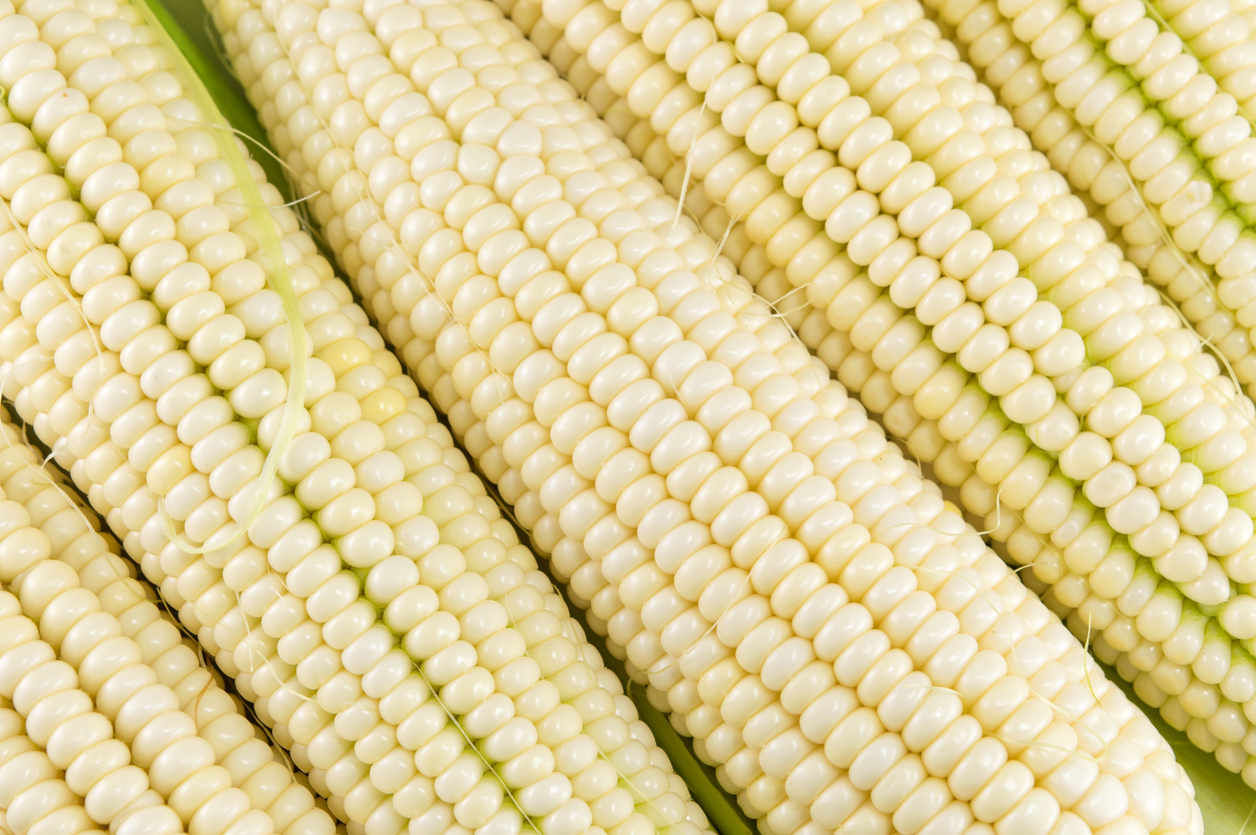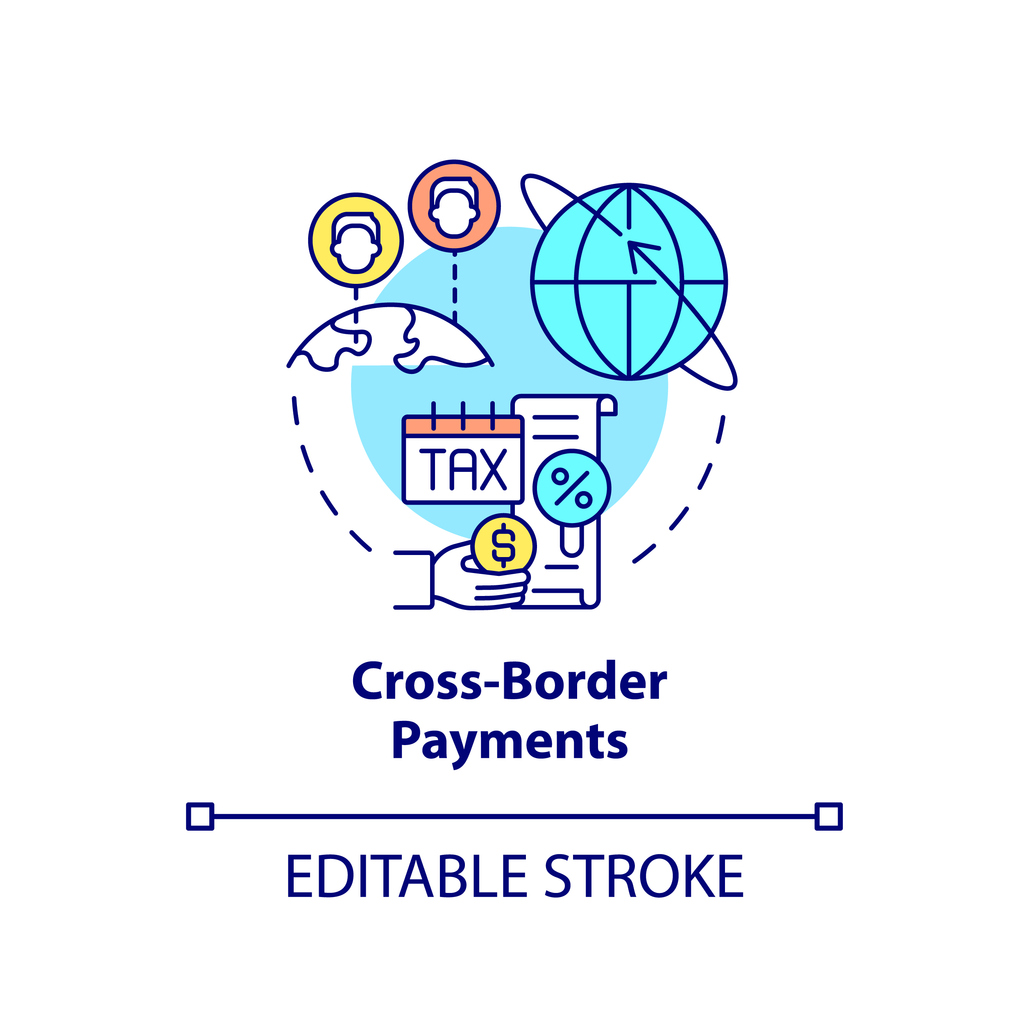A Guide to Buying and Exporting Corn from South Africa
A Guide to Buying and Exporting Corn from South Africa
South Africa is the fifth-largest producer of corn in the world, producing over 10 million metric tons per year. It has a substantial global market share, exporting more than 4 million metric tons of corn each year to markets such as Japan, China, and India. To export corn from South Africa, you must first figure out where your desired quantity falls within the range of tariff rates set by the Agricultural Marketing Council (AMC). The AMC determines these tariff rates on a yearly basis with an aim to protect domestic producers from cheaper imports while also ensuring that local consumers have access to affordable goods. If you’re interested in selling or buying corn from South Africa, read on for an overview of the local industry and tips for jumping through regulatory hoops.
Importing Corn in South Africa
Importing corn into South Africa is not straightforward as it is not a standard item in the South African tariff schedule. Wheat is the only cereal listed as an import commodity in South Africa, and it has its own tariff schedule. If your product is not listed in the tariff schedule, you will have to apply for a permit to import your commodity. Before you do so, you will have to find out which South African government department will have jurisdiction over the type of corn you wish to import. You will then have to provide them with all the relevant information such as quantity and type of corn you wish to import, origin, and your intended use.
Exporting Corn from South Africa
The most important thing to know when exporting corn from South Africa is that the AMC sets separate tariff rates depending on whether you are exporting in the wet season or dry season. You can find the tariff rates listed on the Agricultural Marketing Council website. When exporting corn from South Africa, you will have to apply for an export permit from the South African Revenue Service. The permit application process differs slightly depending on whether you are shipping in the wet or dry season.
Understanding the Basics of the South African Corn Market
The South African corn market is largely divided between corn grown for export and corn grown for local consumption. The main growing areas for corn in South Africa are the North-West and North-Eastern parts of the country. Local consumers mainly consume maize grown for feed. The majority of maize produced for feed is used in the commercial poultry farming industry, while a small amount is used in the dairy and pork industries. Only a small percentage of feed maize is exported. The export market is less regulated, with the majority of maize produced for export coming from small-scale farmers. In the future, South Africa could see an increase in demand for corn from its feed market as the demand for poultry products from China grows. China currently imports over half of its poultry feed from the United States and Brazil, but concerns over the sustainability of their feed supply chain have led to calls for feed to be produced closer to home.
Key Players in the South African Corn Market
Corn production in South Africa is led by three major players: Pioneer, Syngenta, and Monsanto. All three companies have operations in South Africa. Pioneer is the largest producer of hybrid maize in South Africa, while Syngenta and Monsanto are the largest producers of maize for the feed market. These companies also play an important role in the global corn market by exporting a significant quantity of product to countries such as Japan, China, and India.
Conclusion
The corn market in South Africa is highly regulated. This can make it challenging to navigate the industry and export corn from South Africa, but it also means that the market is secure and has a strong foundation. If you are looking to export corn from South Africa, be sure to stay up to date with the latest regulatory changes to ensure that your product is compliant with local laws and can be exported in a timely manner.








LEAVE A COMMENT
You must be logged in to post a comment.